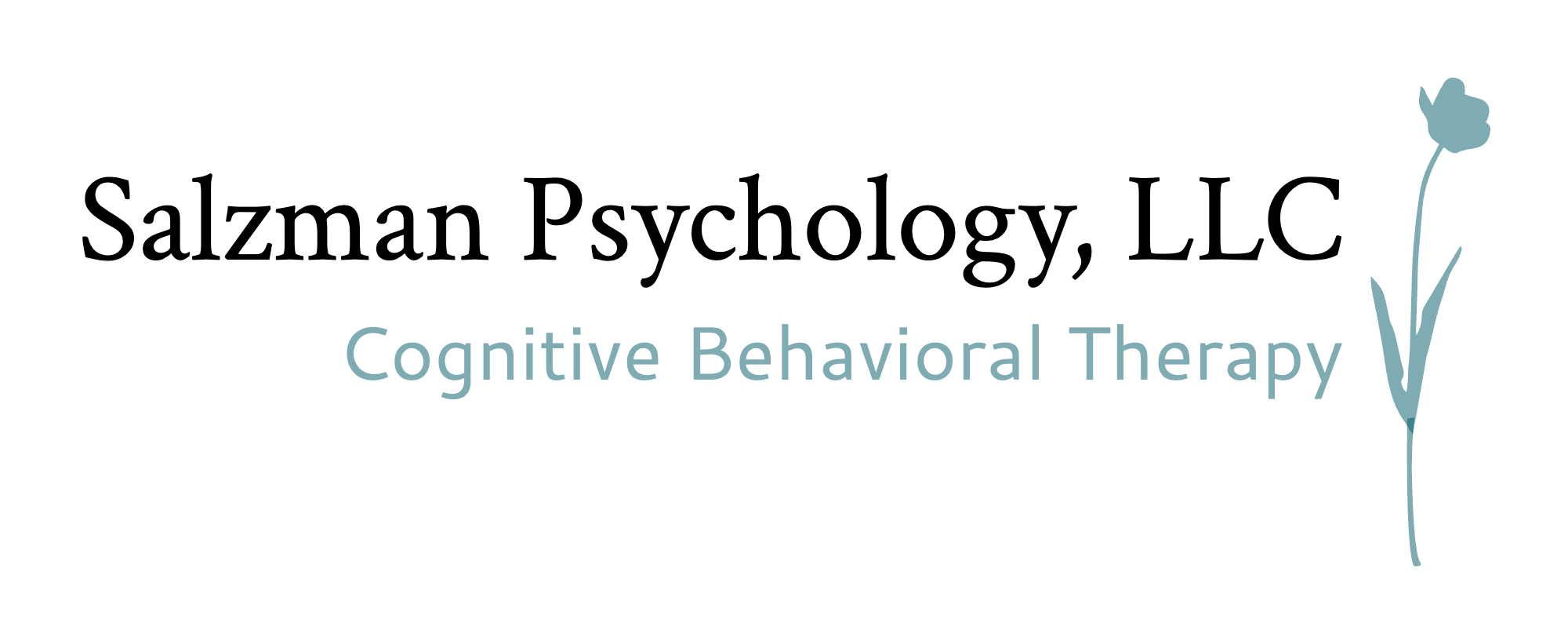Do you have difficulty standing up for yourself, saying no, expressing your opinion or setting healthy boundaries in your relationships? Have you found yourself getting stuck in toxic relationships over and over again? If so, you may benefit from learning assertiveness and boundary setting skills.
CBT for Assertiveness & Healthy Boundaries
Assertiveness
Assertiveness describes the ability to honestly and directly communicate, while respecting ourselves and others. This may sound simple, but assertive communication can be challenging! It may feel intimidating to ask for what we want, or share our opinion with others. It may feel downright terrifying to tell someone "no", not to mention sticking with that "no" if someone else doesn't like it. Luckily, we aren't born as "good" or "bad" communicators. Assertiveness is a skill, just like any other, and it is a skill you can learn.
-
• Is it hard for you to tell someone “no”?
• Do you avoid saying what you want, feel, or think?
• Do you start a lot of sentences with “I’m so sorry but…”?
• Do you feel like others frequently dismiss your needs and feelings?
• Do you feel unable to question others or speak up?
• Do you use actions instead of words, hoping that others will figure out what you are trying to say?
• Do you make decisions based on trying to get others to like you or be happy with you?
• Are you a “people pleaser”?
• Do you avoid “conflict” or disagreements at all cost?
• Do you feel anxious, hurt, ignored, manipulated, disappointed, resentful, or angry about your relationships?
-
• How to say “NO” (hint: It’s a complete sentence).
• How to be an active listener.
• How to use “I Statements”, “Non-Violent Communication Statements”, and “Couples Intentional Dialogue”.
• How to stop over-apologizing.
• How to communicate clearly, concisely, and directly.
• How to "fight fair" in your relationships.
• How to tell people how you feel, and ask for what you need.
• How to be honest and open with others, while still protecting yourself.
• How to have difficult conversations (without angst, anxiety, or guilt).
• How to stop avoiding conflict.
• How to express your opinion in groups, even if you disagree with others.
It can be challenging to change how you communicate with others, but it is possible to become more assertive and move towards speaking up honestly, asking for what you need, and sharing how you feel.
Healthy Boundaries
Setting healthy boundaries can mean many things, but in general, having healthy boundaries means that you understand and defend your limits (physical, mental, or emotional) in your relationships with others (and yourself!). Setting healthy boundaries helps us to take care of ourselves, and protects us from getting stuck in toxic and unhealthy relationships. Again, this might sound simple, but setting healthy boundaries is difficult. It is hard to set limits and stick with them, especially when other people don't like it. Happily, learning to set boundaries is a skill you can learn.
-
• Do you have difficulty asking for help?
• Do you feel afraid of or ashamed of your own or others’ feelings?
• Do you avoid confrontation or conflict, even if it harms you?
• Do you overshare personal information, or trust untrustworthy people?
• Do you have difficulty saying “no”?
• Do you take care of everyone but yourself?
• Do you sacrifice your needs to help others?
• Do you feel dependent on the opinions of others?
• Do you feel like you can’t love or like yourself unless others love or like you?
• Do you tolerate hurtful, disrespectful, or abusive behavior from others?
• Do you overreact to others’ feelings, behaviors, choices, problems, and relationships?
• Do you feel obliged to help, give advice, or “fix” others, and then feel angry and used when help is rejected?
• Do you feel afraid to let others be themselves, make their own choices, and face the consequences of their actions?
• Do you take things personally?
• Do you have difficulty being open, honest, or vulnerable in relationships?
• Do you push people away to avoid judgement, rejection, abandonment, or being smothered?
• Do you deny, ignore, or minimize problems, needs or feelings?
• Do you have difficulty trusting others?
• Do you refuse to give “second chances”, even after small arguments?
• Do you blame others or the situation for relationship problems?
-
• How to say "no" without feeling guilty.
• How to stop being roped into unwanted responsibilities.
• How to protect your time so you can take care of yourself.
• How to stop taking responsibility for adult children, relatives, work colleagues, or friends.
• How to stop relying on others for your happiness and self-worth.
• How to feel less anxious, angry, or overwhelmed when someone asks for a favor, or comes to you with a problem.
• How to stop giving in to others’ demands on your time, energy, or money.
• How to stop taking things so personally.
• How to stop sacrificing your happiness to please others.
• How to stop taking responsibility for others' choices, behaviors or feelings.
• How to stop letting others' moods and behavior choices negatively impact you.
• How to protect yourself from toxic, manipulative or otherwise unhealthy relationships.
If setting boundaries sounds scary or impossible, you are not alone! Most people have a hard time setting boundaries, and it can be a challenge. But, with practice it does get easier, and the rewards are great.
“Be who you are and say what you feel, because those who mind don’t matter, and those who matter don’t mind.”



